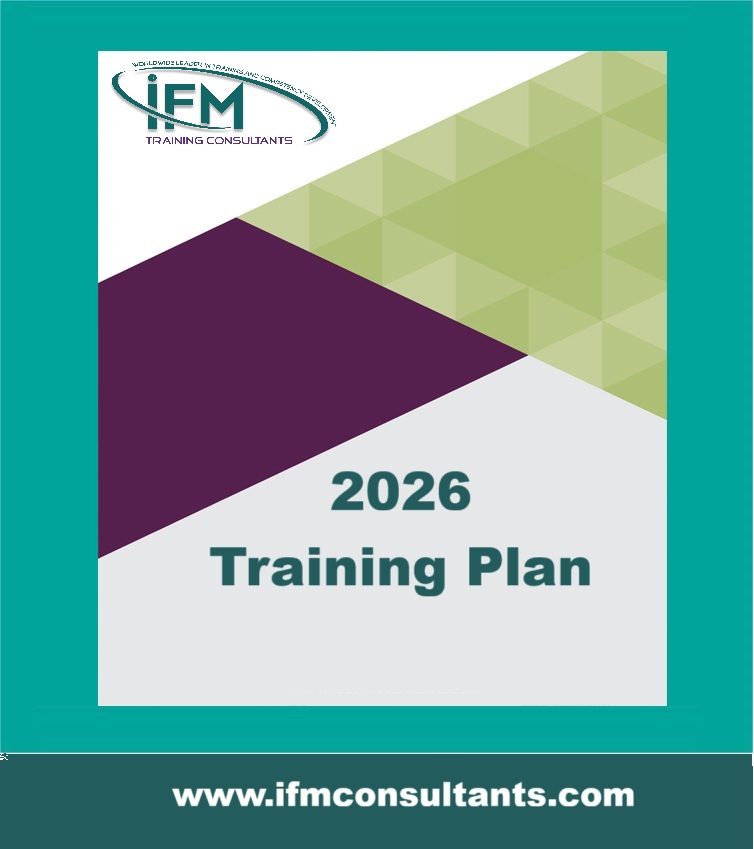Decision Making in the Upstream Oil and Gas Industry
| Start Date | End Date | Venue | Fees (US $) | ||
|---|---|---|---|---|---|
| Decision Making in the Upstream Oil and Gas Industry | 09 Nov 2025 | 13 Nov 2025 | Riyadh, KSA | $ 3,900 | Register |

Decision Making in the Upstream Oil and Gas Industry
| Start Date | End Date | Venue | Fees (US $) | |
|---|---|---|---|---|
| Decision Making in the Upstream Oil and Gas Industry | 09 Nov 2025 | 13 Nov 2025 | Riyadh, KSA | $ 3,900 |
Introduction
Participants in this training course will gain a good understanding of how management functions and project teams within oil and gas companies collaborate to make good (high quality) decisions. This Decision Making in the Oil & Gas industry training course highlights the contributions of the wide range of scientific, technical, commercial, and business disciplines that contribute to making complex decisions, involving very large investments while dealing with large amounts of uncertainty. This training course is designed to equip early- and mid-career professionals, from all disciplines, for working within integrated, multi-disciplinary teams on international development projects, and for future oil business leadership roles.
Objectives
- Understand how critical decisions, involving large numbers of variables, and large amounts of uncertainty, are made by multi-disciplinary teams within international oil and gas companies
- Have practical skills and work tools that will be of direct use to them in their future project work
- Understand the background to the industry, and the underlying science of oil and gas formation
- Recognize the importance of effective early planning decisions (concept selection and ‘front-end loading’) in delivering successful projects
By the end of the program, participants will be able to:
Training Methodology
This is an interactive course. There will be open question and answer sessions, regular group exercises and activities, videos, case studies, and presentations on best practices. Participants will have the opportunity to share with the facilitator and other participants what works well and not so well for them, as well as work on issues from their own organizations. The course is conducted online using MS-Teams/ClickMeeting.
Who Should Attend?
This training course is particularly suitable for oil and gas professionals who want to:
- Prepare for greater involvement and leadership roles in field development, strategic management, and decision making
- Equip themselves for working within close-knit, value-focused, multi-disciplinary, fully-integrated asset development teams working on complex, large-scale projects
- Gain an understanding of the very broad scope of field development engineering, and the complexity and challenges of facilities engineering on mega projects
Course Outline
DAY 1: Overview and Context to Decision making in the Upstream Sector
- The industry context to decision making. The upstream oil and gas industry from various key ‘perspectives’, such as the oil and gas asset lifecycle, the value chain, the industry players, and the place in society.
- The professional context to decision making. Overview of the fundamental geoscience and engineering disciplines, which form the basis upon which decisions are made, including geophysics, petrophysics, reservoir engineering, well engineering and facilities engineering.
- Decision making in the upstream oil and gas industry. Overview of the science, culture, practice and challenges of decision making in the upstream oil and gas sector, including dealing with incomplete information and uncertainty.
DAY 2: Decision Making, Field Development Planning, and Economics
- Multi-scenario field development planning as a basis for decision making. How the integrated, team, drawn from all disciplines (commercial, scientific and engineering) collaborate to identify the candidate development scenarios, which become the input to the decision-making process.
- Petroleum economics for decision making. The role of petroleum economics in the analysis of oil and gas development scenarios, in order to identify the most profitable, and the one with the best fit to the company business, including the use of cash flow analysis, time value of money, and investment indicators.
- Decision-making workshop. Participants work individually, or in teams, on realistic field development planning, economics and decision-making exercises.
DAY 3: Decision Analysis and Portfolio Management
- Decision Analysis. How the integrated field development team make complex decisions, involving many different types of input parameters, in order to ensure that very large investments are made rationally and efficiently, using tools such as expected value, sensitivity analysis, decision trees and Monte Carlo simulation.
- Portfolio Management. Advanced economics and decision-making methodologies, originating in the financial (stocks and shares) industry, increasingly finding application for the strategic management of portfolios of oil and gas assets, including: Portfolio Theory; Options Theory and Preference (Utility) Theory.
- Decision-Making Workshop. Participants work individually, or in teams, on realistic field development planning, economics and decision-making exercises.
DAY 4: Types of Production Contract and their Relevance to Decision Making
- Production contracts & licenses. The legal, fiscal and contractual conditions under which an oil company acquires the right to produce oil or gas, and the way that the revenue and wealth is shared with the host country.
- Petroleum resources management. How quantities of oil and gas in the reservoir (reserves and resources) are calculated, classified and reported in a consistent manner for management, regulatory and investment, and purposes.
- Decision-making workshop. Participants work individually, or in teams, on realistic field development planning, economics and decision-making exercises.
DAY 5: How Safety and Environmental issues impact Decision Making
- Corporate responsibility. How oil and gas projects are executed in a safe and sustainable manner, with due respect for the environment, and it a way that benefits the local communities in which activities take place, covering topics such as: safety, environmental impact, and social license to operate.
- Decision-making workshop. Participants work individually, or in teams, on realistic field development planning, economics and decision-making exercises.

















